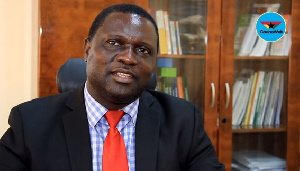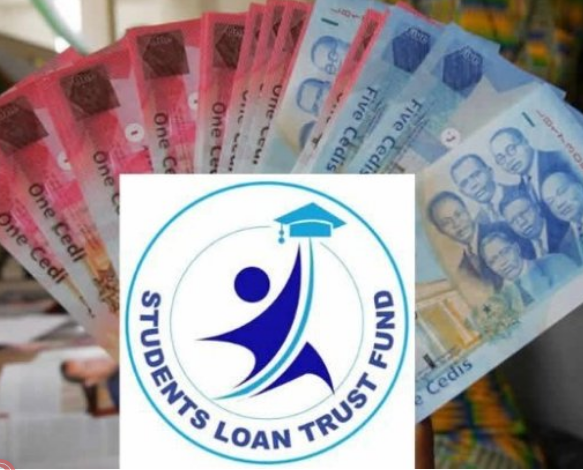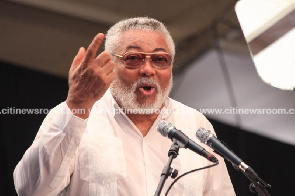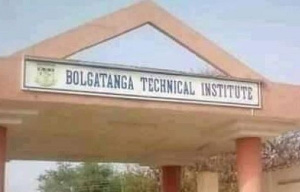Killer policy hits GES – CSOS snd churches to take over Goverment school
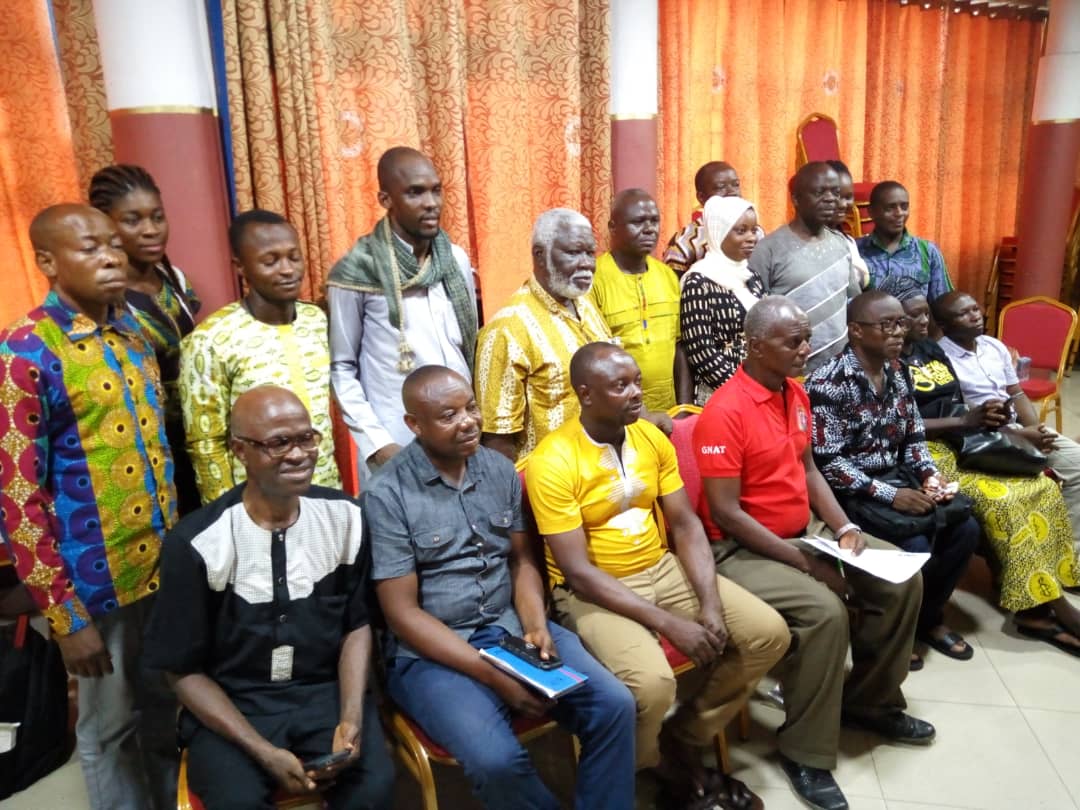
Members of National Education Campaign Coalition (GNECC) have kicked against government’s descision to hand over the management of public basic schools to non-state actors.
The government of Ghana according to available information will from the month of September 2019 allow CSOs and churches to take over the management of some low performing basic schools in the country in the name of a project called Ghana Partnership Schools (GPS) under Public Private Partnership (PPP).
Under this system Managers will manage for a commission based on the achievement of agreed learning outcomes in those schools.
CSOs and Churches per attached conditions will have the autonomous right to transfer teachers if they feel they are not fit for purpose and appoint headteachers of their choice.
The soon to be rolled out GPS policy will absorb hundred public basic schools for the exercise and that institutions that stand the chances of qualifying will need to satisfy some requirements; the schools should have primary, Kingdergarten, JHS, at least 300 students enrolled across classes and that these schools should not need any immediate rehabilitation.
Per information gathered by THE PRESS RADIO World Bank and other international organisations will loan an amount of money to the government of Ghana for the running of the project.
Objective as claimed by the Ministry of Education is to promote an innovative solution to the challenges in public education delivery and to facilitate greater efficiency.
With the GPS Project, proposed per unit cost of Education is about 20% more than the current cost government incurs, meaning the soon coming policy is 20% expensive than the regular school management by Ghana Education Service.
*AGITATIONS OF GNECC*
Executivesof Ghana National Education Campaign Coalition (GNECC) after making deductions from the policy have concluded that any attempt by government to introduce the latter into Ghana’s system of education will generate a catastrophic outcome.
Executives of GNECC have disclosed that their opposition to the project is based on unpleasant results from the implementation of the project in other African countries.
Speaking to THE PRESS RADIO exclusively on the sidelines at a workshop in Kumasi, Project officer for GNECC Mr. Festus Longmartey identified a litany of potholes in the project.
He stated that the GPS doesn’t in anyway promote accessibility since it targets schools concentrated in urban areas and not those in the rural communities.
The project he underlined will create incentives for schools to exclude the poorest children ; children with disabilities and those who are likely to do poorly on tests.
What he defined as a death trap policy (GPS) he noted will load the educational system with poor performing students.
According to his ascertion, the project is highly unrealistic, adding that “it can be piloted but can’t be replicated due to the high cost of managing schools”.
*SUGGESTIONS*
Mr. Mike Owusu who is the Ashanti Region Chairman for the Coalition indicated as woefully irrelevant the introduction of GPS under PPP owing to the fact that “the system will be run on loan and that government will have to pay back. Currently there is a three term arrears in Capitation grant which government hasn’t paid and this means there is no money in the system”.
For Mr. Mike Owusu, quality performance at Public basic schools has to do with quality supervision. He suggested that government should rather establish an independent body outside GES to supervise basic schools.
“If this is done, there will be no need for PPP because the accademic performance will come up. This is far better than getting a loan from World Bank” he advised.
Other members of the Coalition who were present during the workshop called for the resourcing of District Supervisors and Gead Teachers of the various public schools for an effective delivery.
Source: Thepressradio.com/ Enock Akonnor


